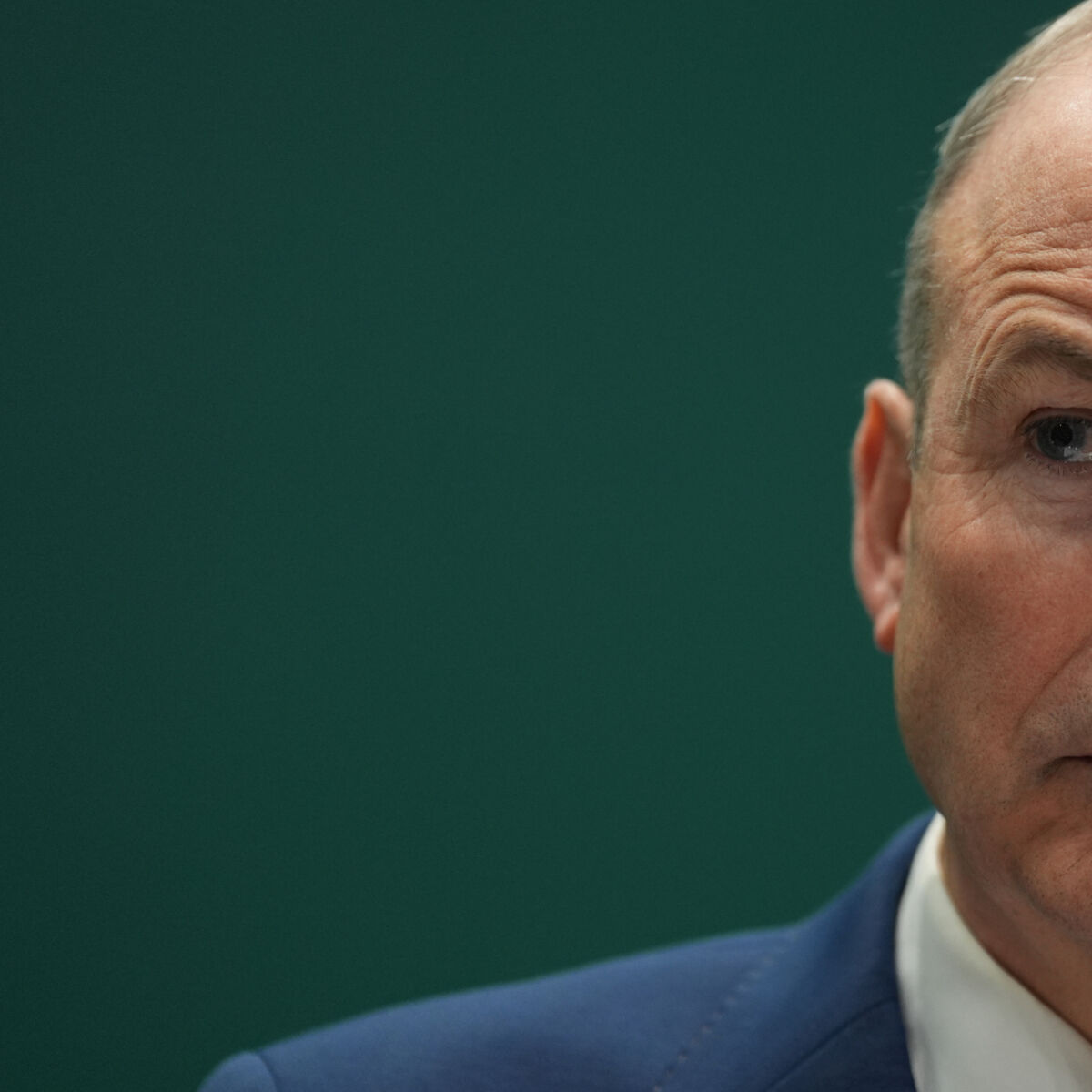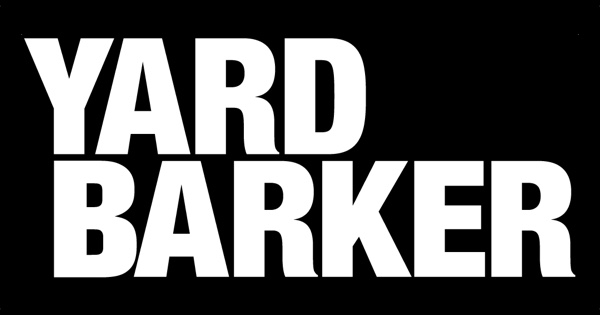Copyright Lifehacker

The phrase “get ready with me!” sends shivers down my spine. Somewhere between the gratitude journal and the seventh supplement of the morning, "wellness" stopped being a refuge and became another item on an impossible to-do list. And when I don’t accomplish the items on my to-do list, I’ve introduced a new way to feel failure in my daily life. I’m burning out trying to prevent burnout; I’m anxious about not doing enough anxiety-reducing practices; I’m tired from all my “energy-boosting” protocols. All the self-care that’s supposed to leave me “restored” is utterly depleting me. I’ve reached a paradox of wellness culture, and I can't be alone. The surveillance state of self-care Emily Austen, author of Smarter: 10 Lessons for a More Productive and Less Stressed Life, has witnessed this transformation firsthand. She describes how wellness has morphed into "the new productivity theatre," where people find themselves "drowning in self-improvement checklists: journaling, breathwork, 10k steps, meditation, supplements, skincare, and still logging on exhausted." Wellness culture is its own kind of performance, with its own set of costumes. What's particularly insidious is how self-care has been co-opted into another metric of success. Austen points out that it "has turned into another form of self-surveillance: something we perform, post, and measure." We're not just tracking our steps and sleep cycles for ourselves—we're curating proof of our wellness for an audience, real or imagined. And here’s where we reach the paradox of self-care. We know the hustle culture is broken, yet we're sold wellness as the solution…through more hustle. Brands capitalize on our exhaustion, selling hope in the form of adaptogens and morning routines, promising relief for our "fried nervous systems." Whether or not you’d call your nervous system “fried,” the majority of us feel burnt out in one way or another. And as Austen reminds us, most of us "do not have the luxury of taking six months off to recover." The systems we build need to work alongside our actual lives, not in some idealized version of them. Otherwise, they're just expensive bandages on a wound that needs stitches. The myth of the perfect routine Alexis Haselberger, a time management and productivity coach, encounters this wellness mythology constantly in her practice. There's a pervasive belief that "self-care is a set of activities (yoga, meditation, morning pages, etc.) and if you're not doing them, you're not taking care of yourself." She recalls a client who, after a time-tracking exercise, concluded he wasn't drinking enough water. Her response? "How do you know?" The ensuing conversation revealed the absurdity of following arbitrary rules—like the famous eight glasses of water—without checking in with your actual body. "Are you feeling dehydrated? Is your pee dark yellow? Are you thirsty all the time? No? Well, your water intake is probably just fine." Even more telling is the phenomenon of people fighting their natural chronotype, trying to become morning people just to squeeze in wellness rituals before work. Haselberger sees "many, many people" attempting this transformation, chasing the Instagram-worthy 5 a.m. routine when their bodies are wired for different rhythms entirely. How did we arrive at this exhausting place? Haselberger blames "a dystopian content machine" flooding us with claims that one more wellness activity will make all the difference. "People are already stressed, so they're searching for the magic bullet." Instead, real self-care is often about subtracting, not adding. “No bubble bath or journaling session is going to solve burnout,” Haselberger says. Rather, it’s about removing what doesn’t serve you, not piling on more obligations. Focus on protecting your boundaries, curating your environment, and knowing when to quit. The simplest solution Katherine Morgan Schafler, therapist and author of The Perfectionist's Guide to Losing Control, offers a way out of this trap: simplicity and sustainability. Before adopting any wellness practice, ask yourself two questions: Is it simple? Is it sustainable? Take exercise as an example. Instead of committing to a complex gym routine, could you take a walk? Do jumping jacks in your living room? Schafler suggests asking what you could see yourself doing "for the rest of your life," not what you could white-knuckle through for six months in an "unsustainable burst that leads to burn out." And here's the permission slip we all need: "You're supposed to do this thing called 'enjoying your life.'" Fun and enjoyment aren't frivolous—they're essential to mental wellness. "Formal wellness routines that take themselves too seriously and are devoid of fun might not be helpful for you," Schafler says. "Trust what feels good; if you're not enjoying it on some level, don't do it." Perhaps the most radical act of self-care isn't adding another supplement to your morning stack or waking up earlier for meditation. Maybe it's permission to do less. Trust your body over influencer advice, protect your time instead of optimizing it, and choose actual rest over the performance of rest. Wellness should restore, not deplete. If your self-care routine feels like another job, it's not care—it's compliance. And you're allowed to quit.



